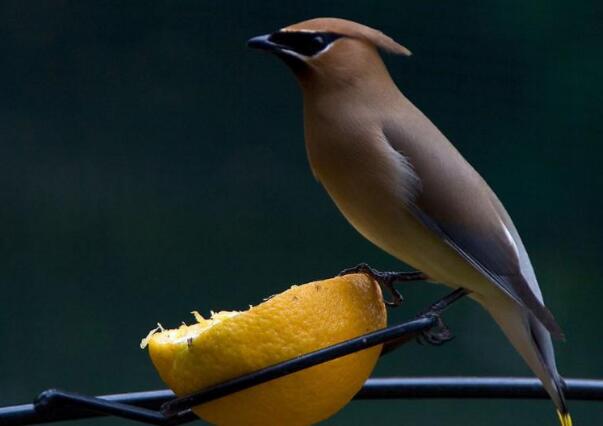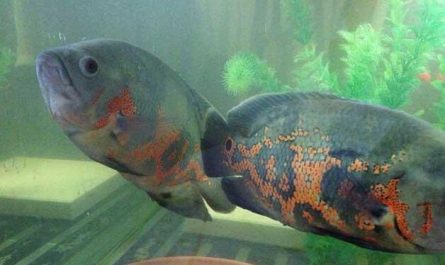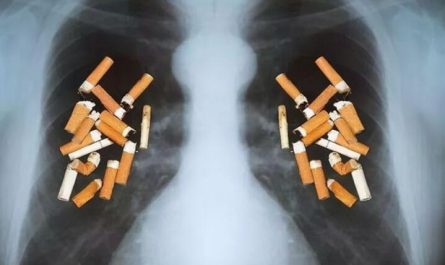Birds fly freely in the sky. Many cars are parked on the road, and they may be “lucky” by bird droppings accidentally. Then some people may ask, do birds urinate and fart like mammals?
The fact is that the bird can neither urinate nor fart. Is it strange to hear this result? This is actually caused by the physiological structure of the bird. The digestive system of a bird is relatively simple. It has a beak, mouth, esophagus, crop, stomach, small intestine, large intestine and cloaca. The auxiliary liver and pancreas are also digestive organs. This is the structure of most birds, and some birds, such as carnivorous birds, have crops that become smaller or disappear.
Birds do not have lips or teeth. They usually have a keratinized beak that swallows food into the cavity and into the esophagus. The crop at the lower end of the esophagus can hold a lot of food. Because it is not easy to find food, the birds eat quickly, so a lot of food will be stored in the crop first. The food in the crop enters the stomach after being moistened and softened in advance.
The stomach of a bird consists of a glandular stomach and a muscular stomach. The glandular stomach is generally called the front stomach, which can secrete a large amount of digestive juice to digest food. The musculature is commonly known as the gizzard. Birds, like chickens, swallow small stones to grind food. The small intestine and large intestine absorb the nutrients that have been digested by the stomach at this time, and the remaining residue is directly discharged from the body through the cloaca.
Since the bird does not have a bladder, it does not urinate, and all food debris is discharged from the cloaca. Birds will also be thirsty and drink water during flight, but they will all be excreted from the cloaca. If the birds eat food or air enters the body during flight, their stomach will expel the air out of the body in a ruminating mode.
The digestive system of humans and other mammals is very complex. There are many fungi in the digestive system to help the body digest and decompose food. During this process, gas is produced, and this gas will be excreted to a certain extent. There is no such bacteria in the digestive system of birds, so birds digest very quickly.
According to observations, a small cherry will be digested by the bird in about 20 minutes, and the cherry core will also be excreted. For the more difficult to digest food, it will take up to a day for birds to fully digest it. This is because the bird needs to fly continuously, the weight of the food will increase its burden. At the same time, the bird’s food intake is relatively large, and it needs to eat constantly to meet its body’s energy needs.






